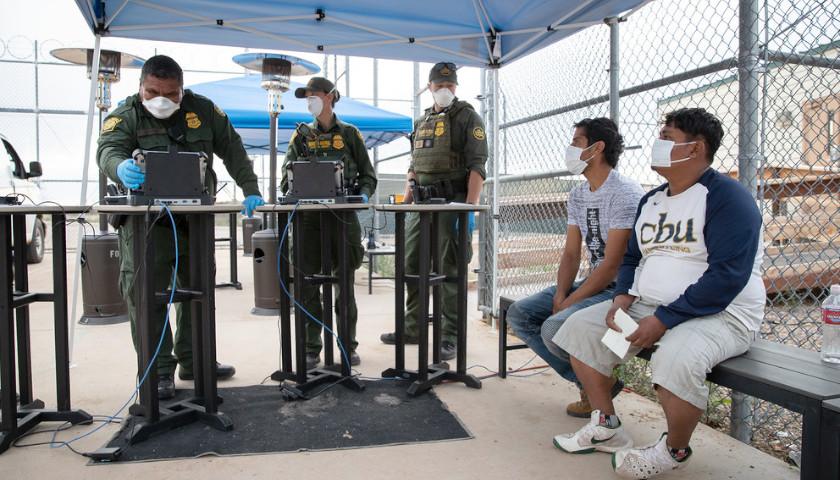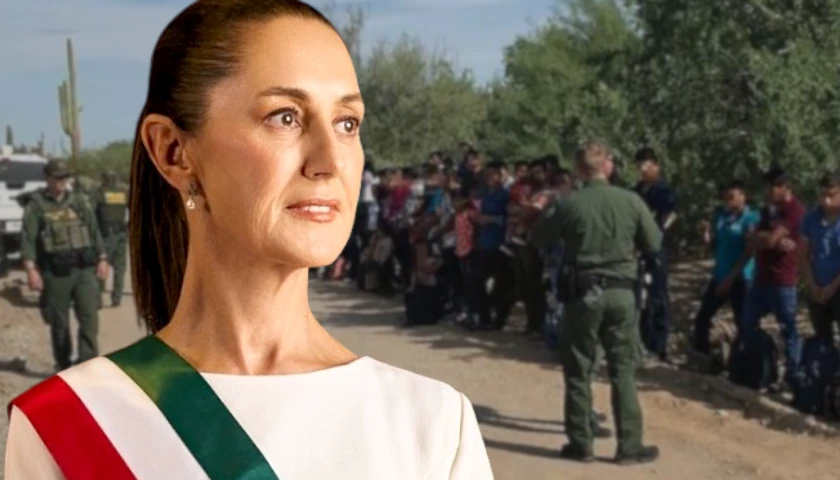by Jason B. Allen
American’s respect for teachers is high coming out of the pandemic, according to a new EdChoice poll — placing them among doctors and members of the military as some of the most respected professionals in the country.
A whopping 70 percent of Americans respect the men and women who teach our children — yet across the nation, teachers are prevented from making their own decisions when it comes to key aspects of their job: their membership in a teachers’ union.
Despite a constitutional right to do so, the system doesn’t seem to respect teachers enough to let them make their own decisions regarding professional association.
In 2018 case Janus v. American Federation of State, County, and Municipal Employees (AFSCME) the Supreme Court ruled that public employees cannot be required to join a union or pay union dues as a condition of employment, ending “agency fees” for non-members.
Unfortunately, a majority of teachers are unaware of their freedom to choose whether they belong to a union or professional education organization — or are actively discouraged from exercising that right.
Teachers — trusted to guide tomorrow’s leaders and scholars — should be trusted to choose if a union or non-union professional organization best serves them. During my tenure in education, I have been part of both entities. Each offers different benefits — though I will say in my later years in education, my membership and engagement with a non-union professional organization has been better for me.
I exercised my right in 2016 when I exited the traditional public school system to become a school administrator at a charter school. When I later returned to the traditional public school system, I retained my membership in the non-union professional education organization.
Traditionally, educators are told to join a union because it’s “the way things have always been done,” despite unions not always asking for the input of educators on some of their most critical policy positions and negotiations. If the COVID-19 pandemic showed us anything, however, it’s that we can no longer operate as we always have.
Educators are finding non-union professional organizations to provide an alternative to unions — but we still have a long way to go before every teacher knows that they have the ability to choose what works best for them. I have seen too many educators, from novice to veteran, get stuck in automatic union renewal and forced to maintain membership in their union. Year after year, they are automatically retained by an organization that they may or may not agree with.
This is in direct opposition to the spirit of the Janus ruling, and only serves to prop up a system that is stuck doing things “the way they’ve always been done.”
We’ve seen parents across the nation looking to buck this trend and exercise more choice in their children’s educations. And as we talk about increased choice in education, we must also talk about increasing teachers’ choice in education — and educating teachers on their rights.
Many teachers aren’t even aware that there is a choice they are prevented from making; and unfortunately, it’s often the school system itself at fault for this lack of awareness. This stems from two main causes.
First, there is a lack of engagement with educators on the subject. Districts should be required to clearly inform teachers about all union and non-union options available — and clearly detail the disaffiliation process.
Second, educational politics play a major role in limiting educators’ choices regarding membership in a union or professional organization. As a school leader, I’ve been in enough meetings to see how influential politics are in deciding who will best represent the interests of the system over the educator. And the system always wins.
The individual educator — not the system around them — is best equipped to decide their own professional membership fate. We must empower teachers wholeheartedly to make their own decisions, regardless of the special interests of the school system. They’ve earned our respect — it’s beyond time the unions catch up.
– – –
Jason B. Allen has worked in education for over 15 years as a teacher, blogger and community advocate. He is based in Atlanta, Georgia.





FLORIDA… new law requires Teacher Unions statewide to revote for unionization when membership drops below 50%.
Can’t get any info on which local Teacher Unions have dropped below 50%, nor what our State is bringing legal action to enforce this new law after a couple years of doing squat?